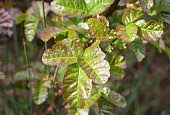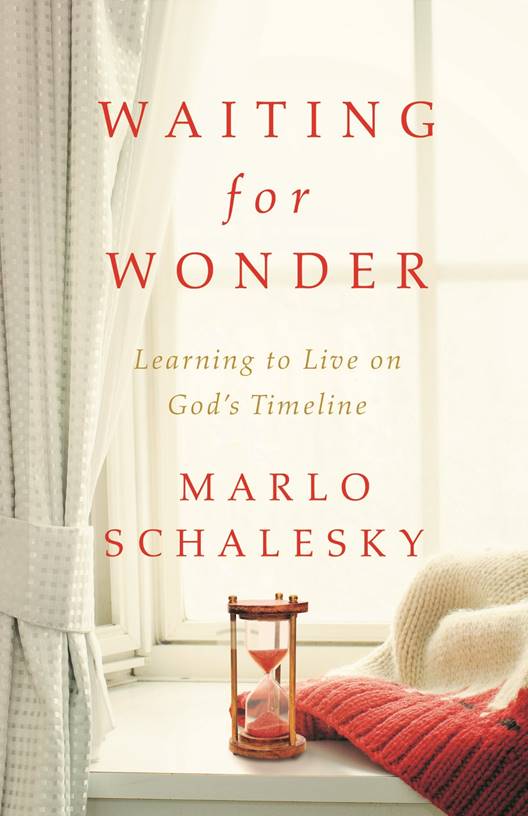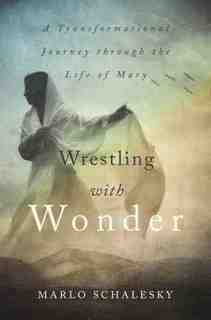COVID-19 is like a predator, most specifically, a mountain lion. And she's come down the hill hunting us, her prey. How do we respond? Consider the story below . . .
(Note: I often use this story when talking to kids, especially gang-impacted kids about fear and our response to the scary things of life. This story seemed particularly appropriate given what's going on in the world, and in our communities today . . .)
The Yellow Eyes of Fear
by
Marlo Schalesky
It was such a normal morning. Quiet. Boring, as I walked out to feed our two horses. The air was crisp, the sun just peeking over the pines, the grass still sparkling with dew. A regular morning. Calm, uneventful . . . until I turned a corner and saw the horses’ pens.
I stopped. There, one of the heavy-gauge metal panels lay twisted and on its side. The metal bars were bent and torn. I ran forward.
The horse was gone.
A moment later, I reached the smashed up mess that had been part of the horse pen. Chunks of palomino fur lay on the dirt, the only remnants of the 1,300 pound gelding who had somehow crumbled the thick metal and escaped.
I glanced at our other horse. She stood inside her pen trembling, her nostrils flared with fierce snorts.
“What’s wrong, girl? Where’s Biscuit?” I strove to keep the panic from my voice.
She snorted some more, then raced around her pen and stared up into the hills.
I jogged around the pen to the far side. I looked up into the hills. And saw nothing. I peered into the trees to the left. Nothing. Down the road. Nothing.
Then I looked down.
And understood.
There, clearly pressed in the mud, were two huge paw prints. Cat paws. And next to them were two sets of smaller prints. I shivered. Mountain lions. No wonder the horses were scared.
I bent lower and tracked the prints. The cats, a mama and a couple cubs, had come down the hill and stopped fifteen feet outside the mare’s pen. Then, according to the prints, they turned around and ran back into the brush. They didn’t enter the pens or harm the horses. They just stood there, then ran away.
But that was enough for Biscuit. Enough to drive him wild with fear. To cause him to climb out of his pen and smash up the metal panel as he went. Enough to make him run away from food, from shelter, from the ones who cared for him.
We spent the rest of the day searching for our missing horse (and replacing the broken panel). Hours later, we found Biscuit. In the middle of the night, he had run off in a direction he’d never been before. He’d traveled almost a mile down dangerous two-lane road, crossed it, then found his way to a barbed wire pasture. He could have been hit, gotten cut, or been killed. He hadn’t drunk any water, eaten anything but some snatches of grass, and had long tears where his back legs scraped against the metal fence.
As I led him back to his pen, to water, to food, to shelter, to safety, I thought about what drove him to escape. Fear did that. Simple, primitive, instinctual fear. The mountain lion and her cubs hadn’t endangered him at all. It was the escape that put him in real danger.
And I wondered if fear does the same thing to me. Something scary appears on the horizon of my life. Maybe it doesn’t actually threaten me, or come into my space. I just catch a whiff of it in the air, see a bit of tawny fur on the outskirts of my vision. I see the possibilities, sense what could happen if the lion attacks.
How easy it is in those circumstances to run, to panic, to do things that don’t make sense. Fear is like that. It can tempt me to hurt myself, put myself in danger, leave the place where I am fed and cared for. Instead of trusting God’s care, I, too, want to scrape and scrabble, fend for myself, throw myself into desperate acts to get away from the thing that scares me. And in doing so, I put myself in the worst danger of all.
Maybe that’s why the command to not be afraid appears more than three hundred times in the Bible. Hebrews 13:6 (NIV) tells how to respond when fear comes out of the hills and stares at us with yellow eyes. It says, “So we say with confidence, ‘The Lord is my helper; I will not be afraid.’"
So, instead scrambling out of the fences in our lives and running down dangerous roads to unknown pastures, God calls us to stay calm, trust Him, and remain in his will. He calls us not to fear the mountain lions, but to trust in the boundaries he places around us.












